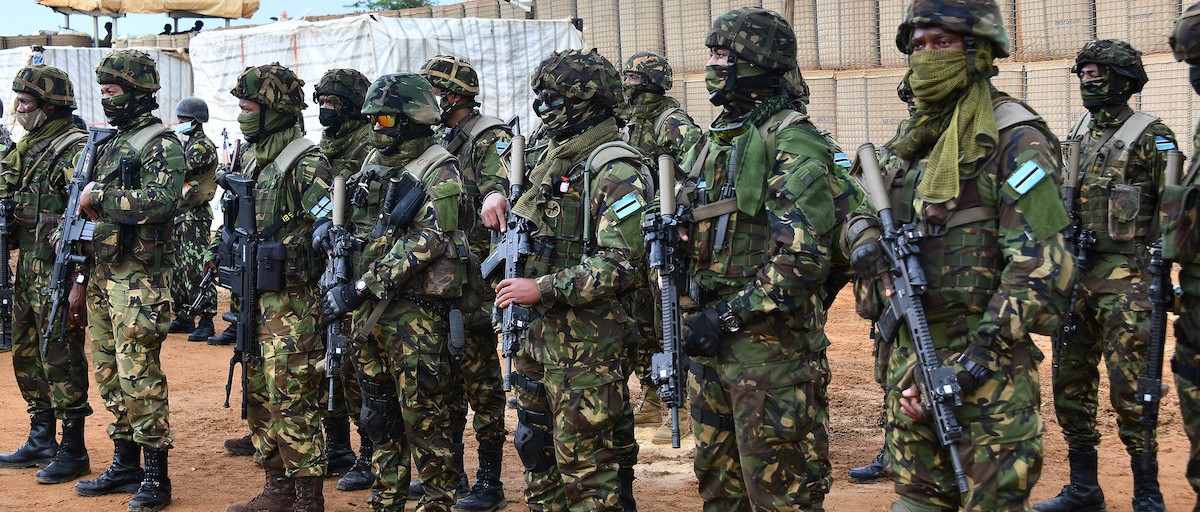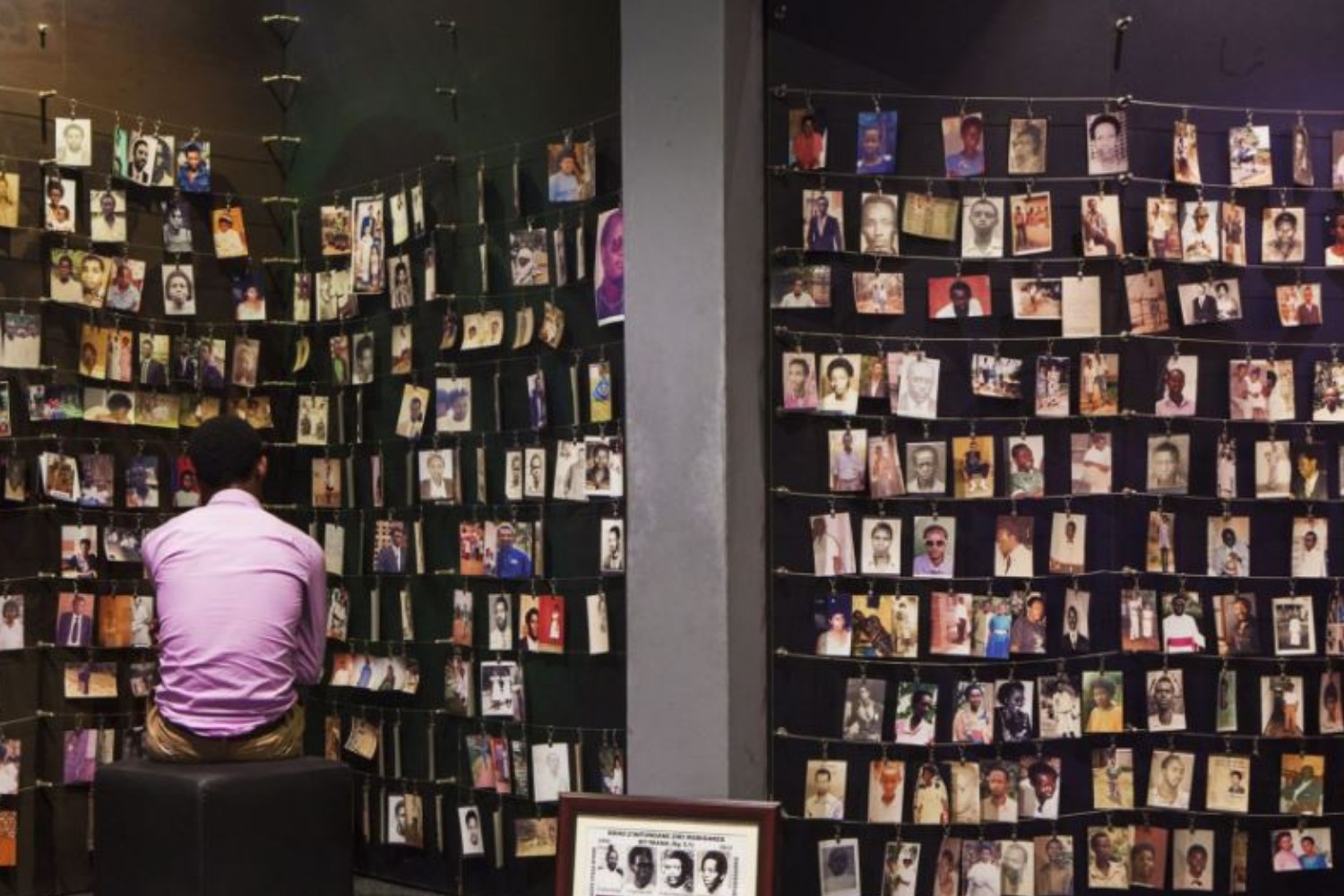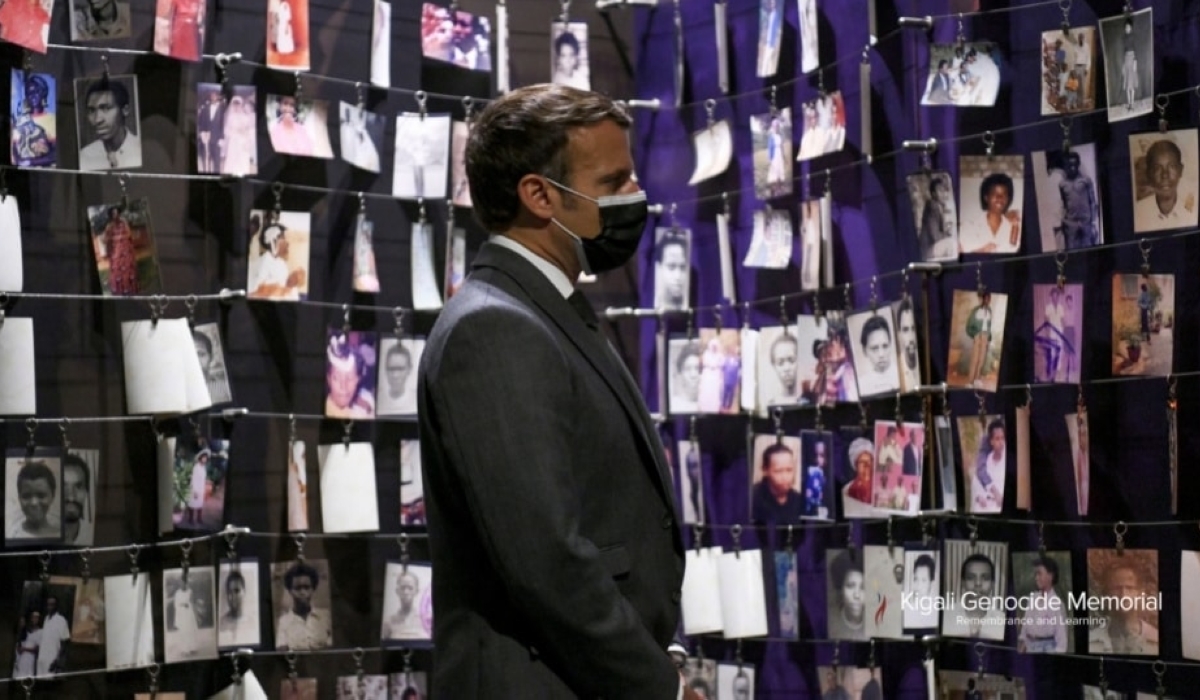International
Why would SADC troops abandon troubled Mozambique and deployment to DRC?

The Southern African
Development Community (SADC) military mission in Mozambique (SAMIM) is
scheduled to end its mission there by July 2024, after three years. It was
deployed in Mozambique’s Cabo Delgado Province in 2021, to help fight Islamic
insurgents who had been terrorizing the region since 2017.
According to media reports,
the end of the SADC mission to Mozambique is largely attributed budgetary
constraints than any other reason. However, the fact that SADC troops were also
deployed to eastern Democratic Republic of Congo (DRC), without any similar
mention of financial limitations raised eyebrows. The most logical explanation
for that could be that the funding of both missions comes from different
sources.
If this is not the case, then
the question would be; how does SADC set priorities when Mozambique is under a
new wave of terrorist attacks, and shift troops for deployment to eastern DRC?
The deployment of SAMIM and
Rwandan troops to Cabo Delgado greatly neutralized the Islamic State-linked
insurgents and thousands of earlier displaced people had already returned to
their homes and resumed normal activities.
Unfortunately, as SADC is
making arrangement to pull its troops out, official reports from the government
of Mozambique indicate that fresh attacks by Islamic insurgents took place
since January 2024, in the districts of Mocímboa da Praia, Palma, Muidumbe, and
Mocomia's coast stretching to Mecufi. It is estimated that in a period of two
months, more than 67,000 people have once again evacuated the southern
districts of Cabo Delgado.
Questions arise as to whether
this would be the right time for SADC to withdraw its troops when insurgents
are making a strong comeback or whether SADC is running away from a mission
gone bad. Or, is there, perhaps, a more compelling or better deal in DRC with
lucrative incentives?
On the other hand, insiders do
not rule out underlying political machinations between SADC and authorities in
Mozambique. For SADC to abandon the mission in Mozambique and consider deployment
to eastern DRC at a time SADC troop’s contribution is needed most in
Mozambique, raises more questions than answers.
According to a military expert
and Pan Africanist interviewed by The Great Lakes Eye, SAMIM’s decision to
withdraw from Mozambique, “defeats the purpose and objective of its original
deployment and is a betrayal of the Mozambican people who are still in danger.
“For Tshisekedi to claim that
the deployment of SADC troops is in accordance with the principle of collective
security action advocated for in the Mutual Defence Pact, is diversionary. The
DRC conflict is an internal matter and there is no foreign aggression that
invokes intervention by SADC troops.”
Since October 2017, when the
Islamic State-linked insurgents started operating in Cabo Delgado Province,
until June 2023, more than 6,500 people are estimated to have been killed
according to a report by the United Nations Office for the Coordination of
Humanitarian Affairs (OHCA), while millions were displaced.
The report confirms that by
August 2023, a significant number of these internally displaced persons,
totaling 571,468, returned to their homes. All the gains that resulted from the
presence of SADC troops in containing the Islamic insurgent are likely to be
lost if no other force is deployed as a replacement.
SADC’s deployment to DRC a
lucrative deal?
During a meeting in Windhoek,
Namibia, on May 7, 2023, SADC approved deployment of troops to DRC and latter
an agreement was signed with DRC for SADC troops "to support the Congolese
army in fighting and eradicating the M23 and other armed groups that continue
to disrupt peace and security in the DRC."
Ironically, DRC government
forces, FARDC, have conscripted several armed militia within their ranks and
file. The militia groups incorporated by the Congolese army include the
genocidal FDLR that originates from Rwanda.
The FDLR which was formed by
remnants of the perpetrators of the 1994 genocide against the Tutsi in Rwanda
is primarily motivated by its genocidal agenda. Their mission is to kill the
Tutsi in Rwanda and in eastern DRC.
The rebellion in eastern DRC
has raged on for decades and this is not the first time SADC troops have been
called upon to fight the M23 rebels. Inside sources within SADC revealed that
the deal to deploy SADC troops was mainly sealed by South Africa which is
believed to have the strongest army within SADC capable of ‘smoking out M23
rebels.’
Sources further reveal that,
there was a lucrative deal between South African president Cyril Ramaphosa and
DRC’s Felix Tshisekedi, for South Africa to deploy its troops and heavy
artillery first of all to liberate the mineral rich area of Rubaya in Masisi
territory, North Kivu, after which "Ramaphosa would begin paying himself
back with transfer of minerals through his businesses in DRC."
It is apparent, therefore,
that innocent South African defence forces (SANDF) have been sacrificed for
business interests. So far, two SANDF soldiers have lost their lives, while
several others were injured.
The SADC troops deployment to
DRC is masked by both political and business interests. Although the political
interests may be shared across SADC countries, the business interests are
mainly between Ramaphosa and Tshisekedi.
SADC's decision to leave the Mozambican
people to be killed and terrorized by Islamic insurgents has been manipulated
by people with vested interests. The reason given for the withdrawal of troops
from Mozambique - financial challenges - is a mere smoke scene.
For SADC troops to go and help
Tshisekedi fight M23 rebels who are Congolese people being denied their rights
as legitimate citizens is shameful and goes against the African Union objective
of promoting and protecting human and peoples' rights in accordance with the
African Charter on Human and Peoples' Rights and other relevant human rights
instruments.








